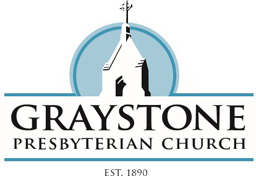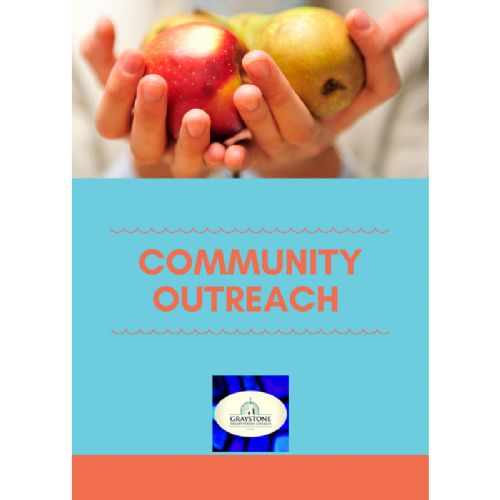This information is based on Vital Congregations as published by the Presbyterian Church (USA) - a work that identifies and helps develop the 7 marks of congregational vitality.
Outreach, or outward incarnational focus, is about being the gathered community of Christ sent out! Once we are out in the community, then we are called to Intentional Authentic Evangelism.
We go not because we have a strategy for new membership; we go because we have a Savior who commanded us to be on God's mission. We go because God's saving love in Christ, cannot be inwardly contained in our buildings when we live with neighbors in need and a hurting world. The Good News is meant to transform and transcend.
The church is meant to be a beacon of Christ's grace, justice, freedom, and love. Outreach means we daily take up our cross and follow to the marginalized of society, the poor among us, the suffering and sick, the stranger and enemy, the
down-trodden and "the least of these." We do not just focus on bringing similar or like-minded people inside to assimilate to our way of doing things; nor do we just go to people and places that are familiar and comfortable. Outward incarnational focus, requires an emboldened faith, that goes because Christ is already present, and calls us to join.
Evangelism is simply sharing the Good News. It is authentic and it is intentional, not merely expressions of kindness or good moral ethics. We all have Good News to share in our lives; it is a part of our identity. And when we share this news, it is with intentionality
and with people with whom we have relationships.
Objectives:
• Conduct community analysis to ascertain the needs, fears, hopes, and pressure points in the community, so that the church's ministry and mission can address them.
• The church practices genuine hospitality (more than being warm and friendly, it is about attempting to anticipate the needs of others; practicing inclusion; stepping out of the comfort zone; loving and nurturing others; it's about them, not you)
• Join on Christ's mission with the lost, weak, suffering, lowly, least, marginalized, oppressed, outcast; working towards forgiveness and reconciliation
• Faithful engagement in rich relationships of all diversity
• Church becomes a living being sent to follow the Spirit and join where Christ is already present; not still/static
• To empower and equip all people to enter relationships unashamed and unafraid to share the Good News
• The church recognizes that evangelism should be need-based (meets needs of un-churched/ de-churched)
• The church develops practices for people to share their story and give witness to Good News in their lives
• The congregation is a noted presence in the community (i.e. needs are met, people feel welcomed, reconciliation and diversity help transcend culture)
• The community is viewed as being more important than the church building; we take up God's mission
• Transformation and renewal of congregations that reflect the rich diversity of the kingdom of God
• Shifts from "bringing in young people and young families" to sending out, showing up, being present where God is already at work; many come to know Christ their Savior
• Evangelism is viewed as a way of life, not as a program or function of a few
• The mission focuses on sharing the Good News
• The people of God meld and claim God's story within their lives; living unafraid to share it
• Develop authentic relationships founded in Christ; the image of Christ is shared
Reflection Questions:
• Who is at the margins of your community? Your congregation?
• How does your congregation show up outside your building and share the love of Christ?
• What would your community say about your churches identity?
• Where is Christ at work and inviting you to join?
• Does your congregation have an emboldened spirit to follow Christ?
• What prevents you from going where God may send you? What are your fears? What leaves you focused inward?
• Does your church welcome the lost, help the doubting, sit with the grieving, lend aid to the poor, help the downtrodden, offer forgiveness to the sinner, clothe the naked, support the suffering and sick, strengthen the faint hearted, respond to the skeptic, help bind up the broken-hearted, stand up for the weak, give voice to those silenced, pray with those in pain, and otherwise live into the incarnate spirit of Christ our Savior? If so, in what ways? If not, why?

